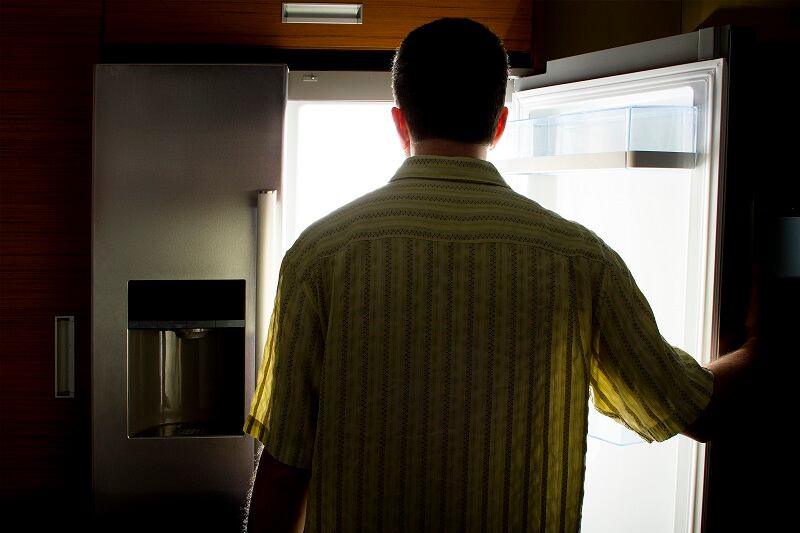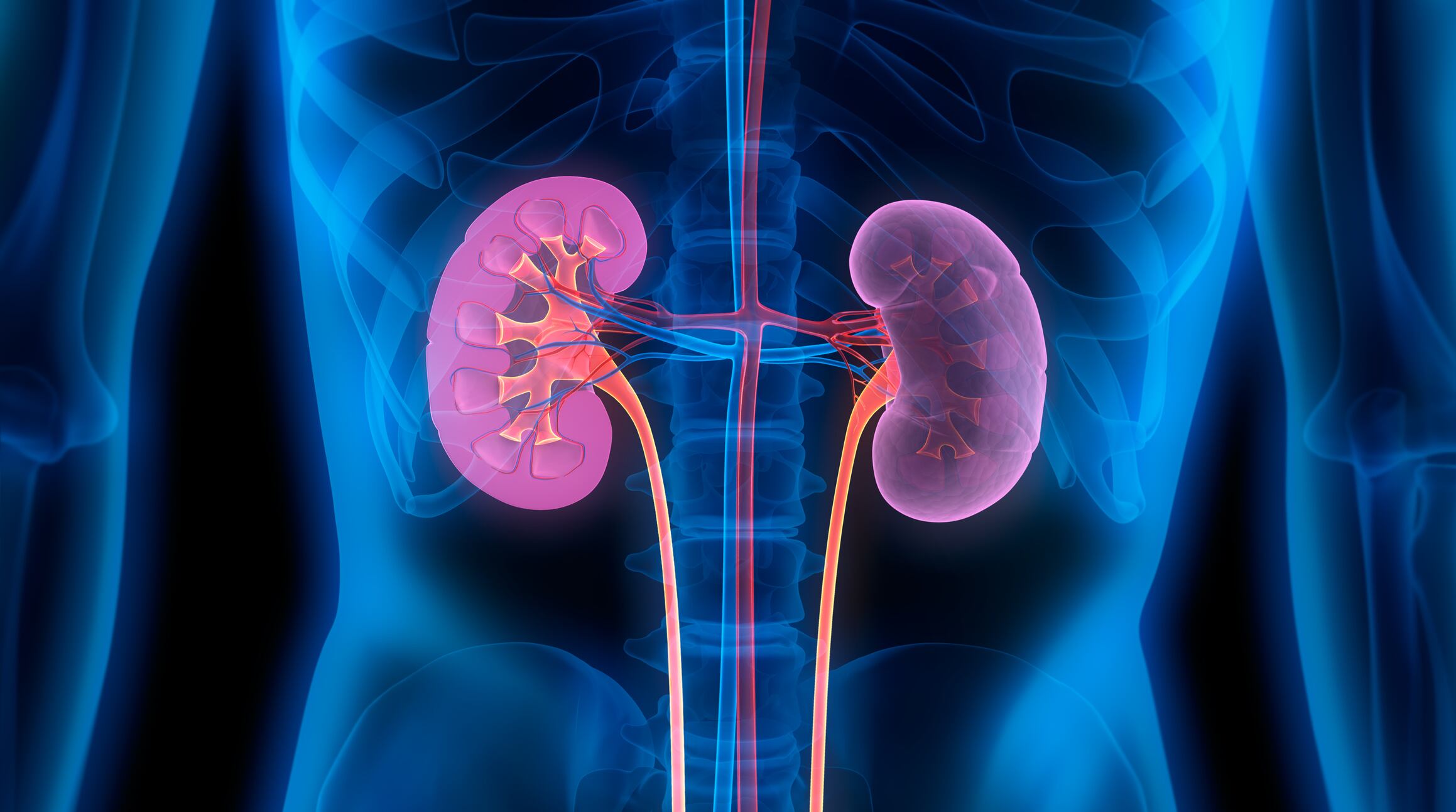In a study published in Current Biology, researchers from the University of Virginia demonstrated that the pleasure centre of the brain (which produces dopamine), and the brain's separate biological clock that regulates daily physiological rhythms, are linked, and that high-calorie foods - which bring pleasure - disrupt normal feeding schedules, resulting in over consumption.
Using mice as study models, the researchers mimicked the 24/7 availability of a high-fat diet and showed that anytime snacking eventually results in obesity and related health problems.
The team found that mice fed a diet comparable to a wild diet in calories and fats maintained normal eating and exercise schedules and proper weight. But mice fed high-calorie diets laden with fats and sugars began snacking at all hours and became obese.
Additionally, mice that had their dopamine signalling disrupted - meaning they didn't seek the rewarding pleasure of the high-fat diet - maintained a normal eating schedule and did not become obese, even when presented with the 24/7 availability of high-calorie feeds.
“Overeating during mealtimes and unscheduled snacking disrupts timed metabolic processes, which further contribute to weight gain,” the study concluded.
“Diets rich in fat not only increase food consumption but also alter feeding patterns, resulting in food intake that extends into the rest phase,” it observed. “This disruption in feeding rhythms induces weight gain independent of overconsumption, highlighting the importance of maintaining robust feeding rhythms for proper metabolic regulation.”
According to Ali Güler, a professor of biology at the University of Virginia and lead author of the study, disruption in feeding rhythms induces weight gain because the human body, through thousands of years of evolution, is hard-wired to consume as much food as possible as long as it's available. He said this comes from a long earlier history when people hunted or gathered food and had brief periods of plenty, such as after a kill, and then potentially lengthy periods of famine. Humans also were potential prey to large animals and so actively sought food during the day, and sheltered and rested at night.
"We evolved under pressures we no longer have," Güler said. "It is natural for our bodies as organisms to want to consume as much as possible, to store fat, because the body doesn't know when the next meal is coming.
"But, of course, food is now abundant, and our next meal is as close as the kitchen, or the nearest fast-food drive-through, or right here on our desk. Often, these foods are high in fats, sugars, and therefore calories, and that's why they taste good. It's easy to overconsume, and, over time, this takes a toll on our health."
Additionally, Güler said, prior to the advent of our electricity-powered society, people started the day at dawn, worked all day, often doing manual labour, and then went to sleep with the setting of the sun. Human activity, therefore, was synchronized to day and night. Today, we are working, playing, staying connected - and eating - day and night. This, Guler said, affects our body clocks, which were evolved to operate on a sleep-wake cycle timed to daytime activity, moderate eating and night-time rest.
"This lights-on-all-the-time, eat-at-any-time lifestyle recasts eating patterns and affects how the body utilizes energy," he said. "It alters metabolism - as our study shows - and leads to obesity, which causes disease. We're learning that when we eat is just as important as how much we eat. A calorie is not just a calorie. Calories consumed between meals or at odd hours become stored as fat, and that is the recipe for poor health."
Source
Current Biology
'Dopamine Signaling in the Suprachiasmatic Nucleus Enables Weight Gain Associated with Hedonic Feeding'
Authors: Ryan M. Grippo, Qijun Tang, Qi Zhang, Martin Wu, Michael M. Scott, Ali D. Güler
Published: January 02, 2020





